Engineers Are Among LCA’s Unsung Heroes
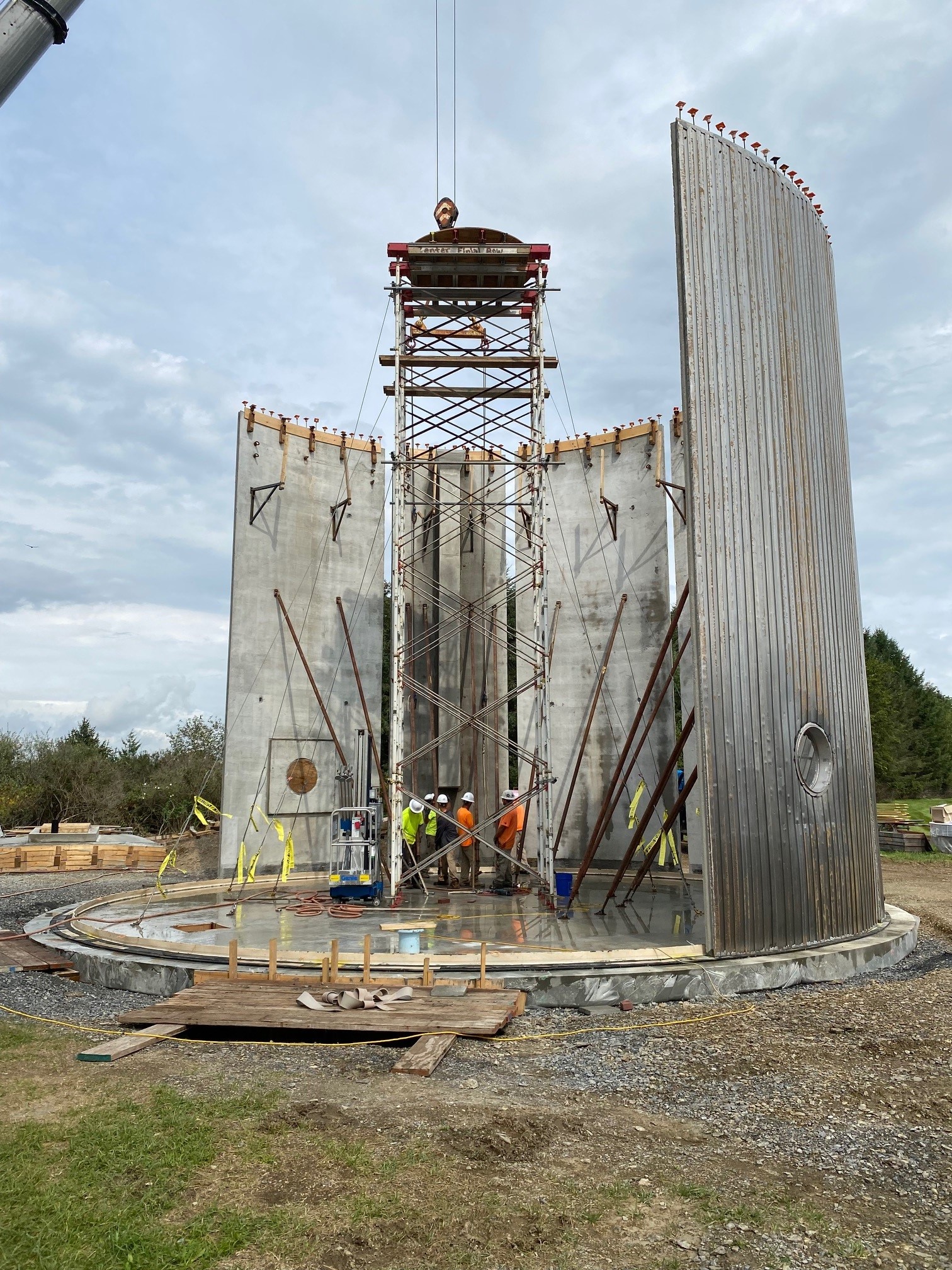 February 21, 2022
February 21, 2022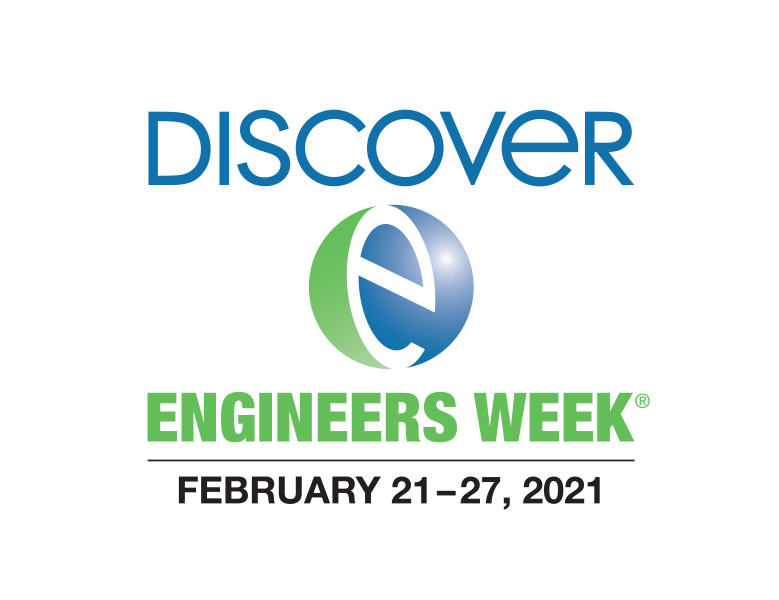
The next time you wash the dishes, grab a drink from the tap, take a shower, use the toilet, or do your laundry … thank an engineer!
Most of us don’t realize it, but if it weren’t for engineers, our water and wastewater couldn’t get from Point A to Point B. That’s why LCA is celebrating Engineers Week, an annual event launched in 1951 to draw attention to the countless positive contributions engineers have made to our quality of life.
LCA employs five engineers, who plan and design most of our water and wastewater treatment and distribution system projects.
“We plan projects from a financial perspective, budget them, prioritize them based on need and risk exposure, put them in the five-year plan, and manage them from design on through to construction,” says Charles Volk, P.E., LCA’s chief capital works officer.
Everything But The Kitchen Sink
Typical projects include the planning and design of a community’s wastewater system overhaul; rehabilitating structures such as manhole covers or sewage collection components; and replacing pumps, meters, and water lines.
Occasionally, the team is called on for larger tasks, like the creation of a new wastewater plant or pump station. Outside consultants are usually called in to handle design for those jobs, Volk says. The LCA team supervises all of the planning and work.
Project Engineer Amy L. Kunkel says one critical job they’ll soon tackle is the design of a new wastewater pumping station and force main in Western Lehigh County. The force main is a pressurized sewer line that will help the wastewater get to Allentown’s Kline’s Island Treatment Plant. “A consultant will do the design, but we will be overseeing it and reviewing it and making sure the design meets LCA’s needs,” Kunkel says.
The project aims to relieve the ever-increasing load on LCA’s suburban sewer lines to facilitate additional development. “There are a lot of issues tied to regional sewer planning,” Volk says, “like allowing for continued economic growth in the western end of Lehigh County. … We want to be in a position to accommodate it.”
Not-So-Routine Maintenance
But the expansion of services is only one part of the engineers’ work. “A lot of it is maintaining our existing facilities,” Kunkel says. One such project was the replacement of an old steel water reservoir in Arcadia West, an industrial development in western Lehigh County. An outside engineer determined the most cost-effective way forward was to build a new concrete reservoir (main picture, above). The tank was recently brought online, and in spring crews will return to dismantle the remains of the old one.
The fact that asset management drives much of the team’s work is no surprise, given the nation’s aging water infrastructure. “We do condition assessment of different facilities, and with the help of engineers determine their remaining useful life,” Volk says. That includes water and sewer lines, reservoirs, pumping stations, and everything else associated with water and wastewater treatment and distribution. Once a project is identified, it has to be carefully prioritized, planned, and then financially justified to LCA’s Board of Directors.
Park Pump Station Overhaul
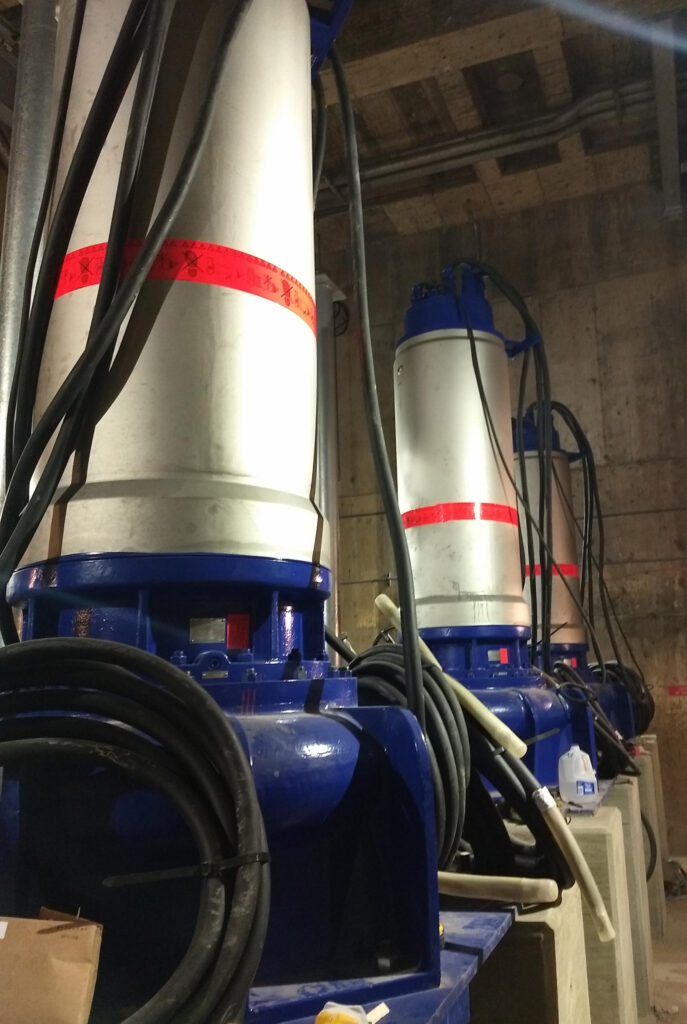
One of the biggest projects in recent years has been the Park Pump Station, part of LCA’s Western Lehigh Interceptor — a critical, high-volume sewer main that runs along the Little Lehigh Creek.
“We did a major upgrade of the station … we replaced all the pumps [at left] and controls, and did a lot of other related upgrades,” Volk says. “And we’re currently working on a second phase of that project, to replace a generator. It’s a very important facility.”
Because of the volume of waste the station handles — about 23 million gallons a day — it cannot be taken offline whenever maintenance or upgrades need to be completed.
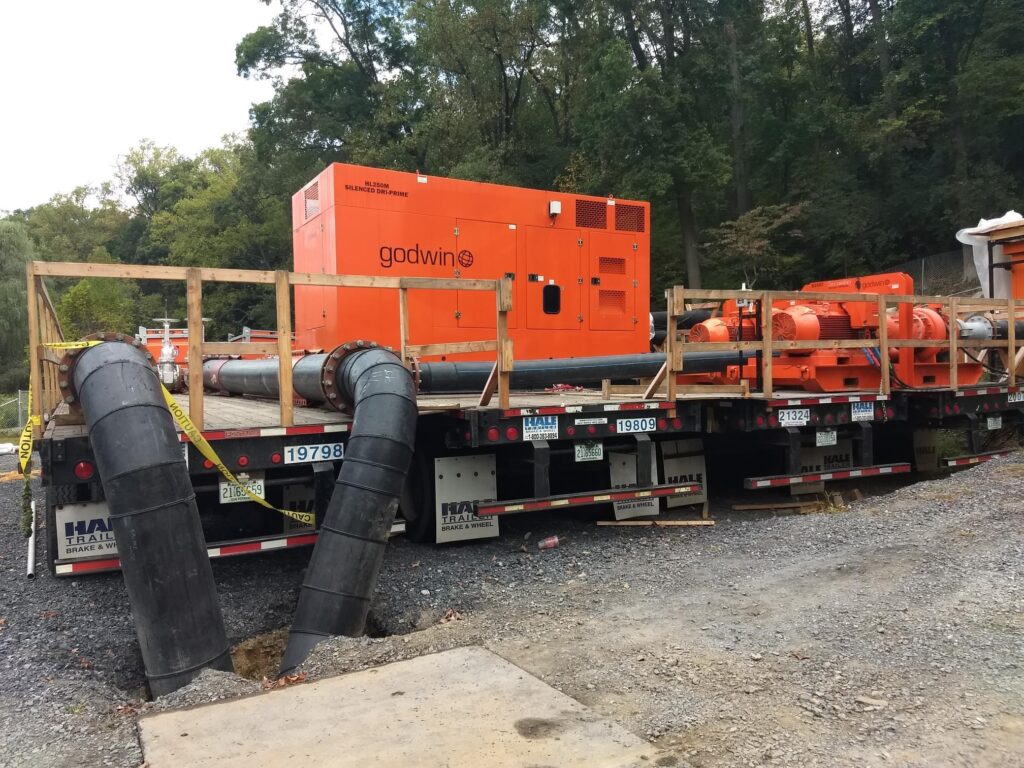
“Any kind of work on that pump station is a major undertaking,” Kunkel says. “Just to replace the pumps, we had to set up quite a large and complex bypass pumping system [at right], with extra pumps and generators outside in the Parkway.”
And when LCA worked on the sewer main, a temporary line was run along the surface to carry wastewater through the Parkway.
Big Things on the Horizon
There are more large projects on the horizon, including a plan to replace filters at Allentown’s water treatment plant. “It’s going to be an exciting project that includes some complicated construction sequences,” Volk says. “We also have a big one at Kline’s Island to increase wet weather capacity there.”
The engineers are also considering plans for a co-generation plant at the Fogelsville Industrial Waste Pretreatment Plant. It would be similar to an existing setup on Kline’s Island. In essence, Volk says, it would use methane (a waste treatment byproduct) to fuel a generator. The generator would produce electricity to power the plant, reducing LCA’s utility costs. That project’s justification hinges on additional growth and development.
Critical, But Unseen, Work
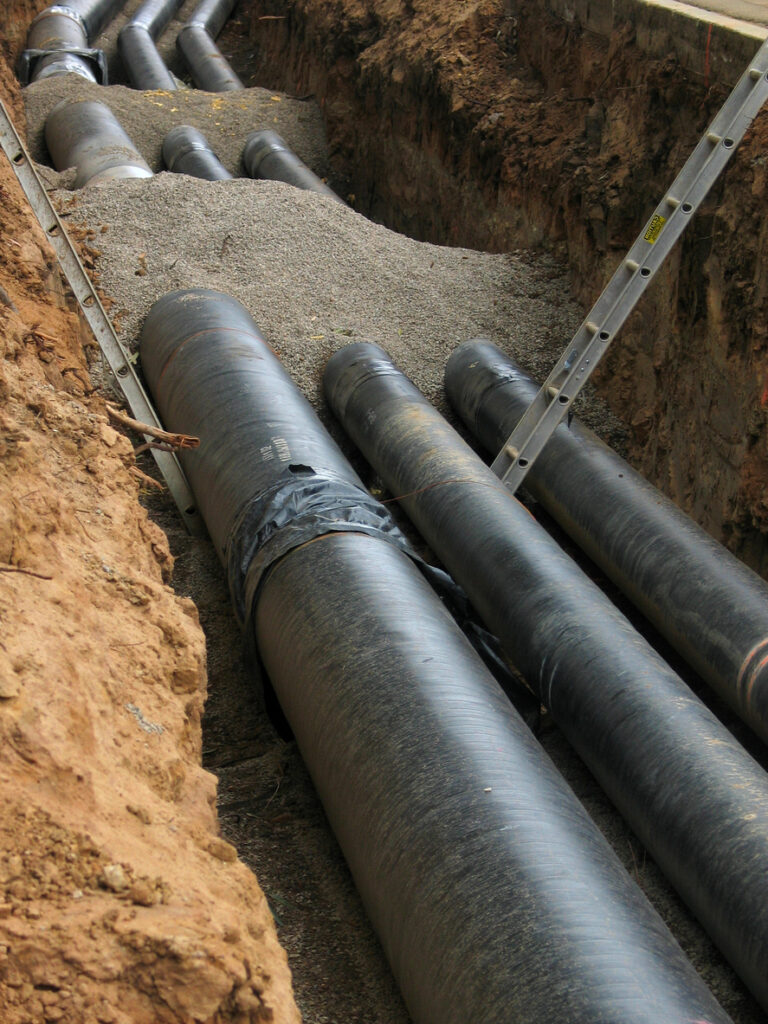
Justifying a project’s expense is probably one of the biggest challenges the engineering team faces, Volk says. “Not all of our projects are cut and dry, where we can say, ‘You’ll save all this money if we upgrade the plant,’” Volk says. “Sometimes you have to do an upgrade based on a regulatory issue, or to protect public health, and maybe there’s not a big financial payback.”
Plus, most of the projects come with a high price tag.
“We do water main replacements [at right] in the city and suburban divisions to replace the old cast iron pipe. We’ll replace a mile to two miles at a time —and it costs about $2 million a mile,” he says.
“Failing infrastructure is a nationwide crisis,” he continues “A lot of our work as engineers deals with mitigating risk. Most of our facilities are critical. If our systems would fail, there would be an environmental and public health disaster.”
Adding to the challenge is a lack of public perception about the importance of the upgrades.
“Most of the work we do goes unseen by the public,” Kunkel says. “You can see the new tank at Acadia, but most of the time people just turn on their faucet, and the water is there like it always was.”
To find out more about LCA’s infrastructure improvement plans — and get a closer look at some of the projects our incredible engineers are responsible for — check out our 2022-2026 Capital Plans.
And the next time you turn on the tap, definitely thank an engineer!